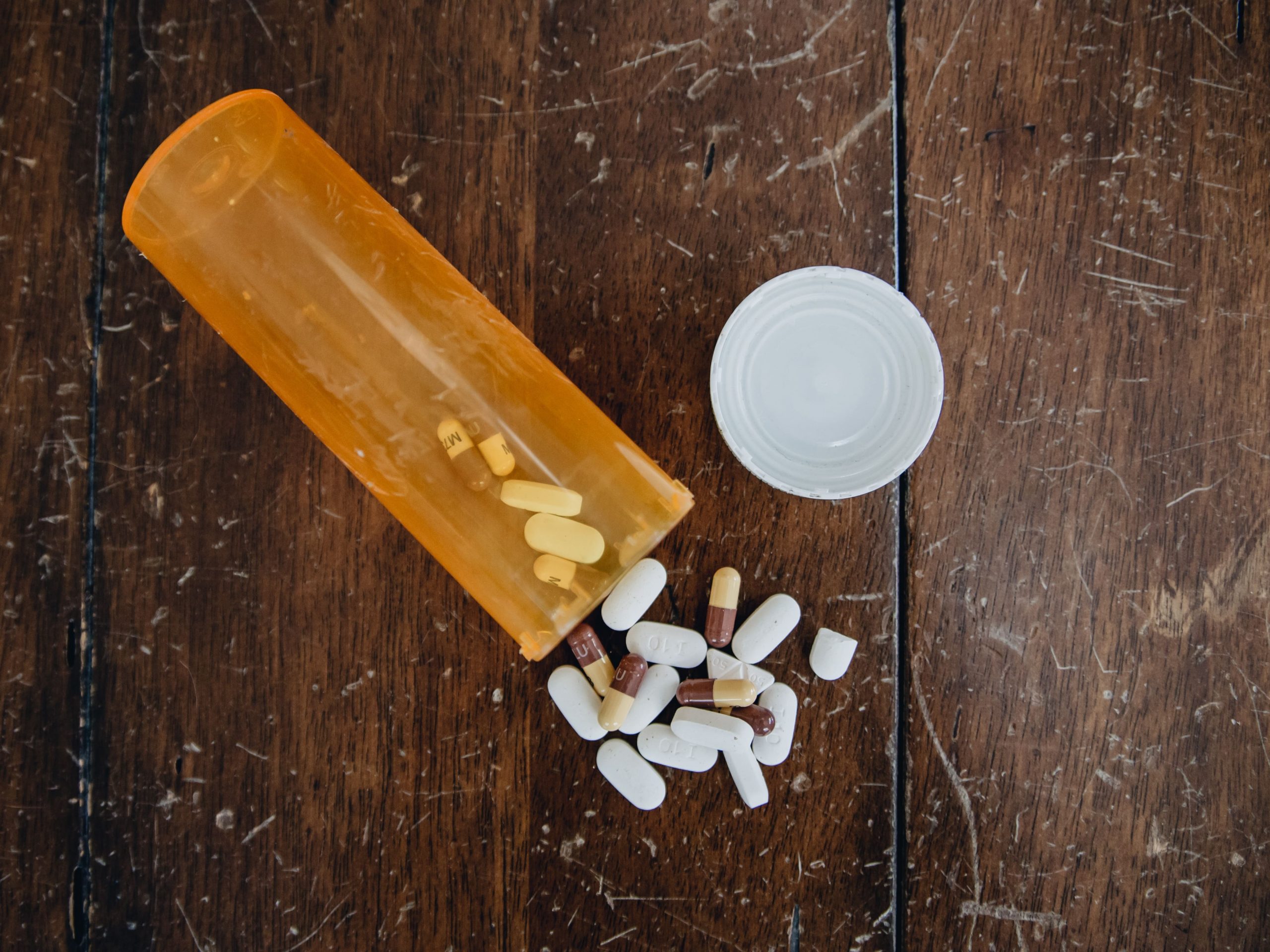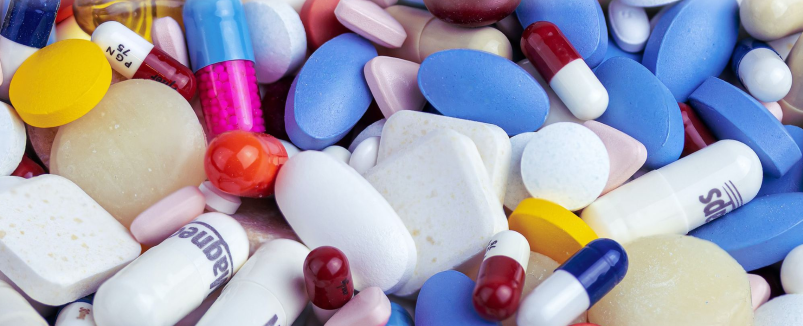“We all need to get away from time to time from problems we have. Whether that’s addiction problems, work-life balance issues, or excessive pressure on you. This is the perfect facility for that purpose.”
Co-codamol Addiction
Co-codamol is an opiate-based drug and just like other opiates has the potential to lead to addiction. Tolerance and dependence on co-codamol can occur within as little as 3 to 5 days of continuous use. This is why all co-codamol products, whether over the counter or prescribed, now carry a government health warning label.


Help for co-codamol addiction at Delamere
If you have found this page because you, or perhaps a loved one, are struggling with a co-codamol addiction, Delamere has a specialist 4-phase treatment model to help you grow beyond addiction and bring recovery home.
Co-codamol addiction help is available at Delamere in our state-of-the-art, private rehab clinic in rural Cheshire. From doctors and nurses to therapists and mentors, our Delamere team approaches guest relations from a place of compassion, respect and understanding. Many members of our team have personal experiences of addiction and recovery.
They use these experiences to foster trusting relationships with our guests, creating safe spaces for them to open up and grow from their addictions.
We strongly believe that with the right treatment, tools, and support, anyone can overcome a co-codamol addiction to live a life free from the constraints of prescription drug addiction. Our 4-phase treatment model has been created with the help of respected industry leaders to provide life-changing help to our guests in a relatively short period of time.
Suzanne’s recovery story
“The staff and facilities were brilliant and they helped me through a very difficult time in my life.”
– James Dominiak, Former Delamere Guest
View Our Treatment Model View our Environment Call now: 0330 111 2015
When to seek co-codamol addiction treatment
A co-codamol addiction can take over all aspects of a person’s life. Without co-codamol addiction treatment, a person’s relationship with the substance will only worsen and may result in their loss of life.
Seeking prescription drug rehab is the first step to taking back control of your life. Our tranquil setting is the perfect place to take you out of your usual environment, press the pause button, and focus completely on getting well.
Here are some of the following signs and symptoms:
- Frequent intoxication
- Slurred or delayed speech
- Pinpoint pupils
- Excessive sleepiness
- Loss of appetite
- Clumsiness and unsteadiness
- Slumped posture and shallow breathing


The Delamere approach to co-codamol addiction treatment
An inpatient stay at Delamere is a deliberately intensive 4-phase co-codamol addiction treatment, one which we have crafted over time and has helped many participants recover. Our emphasis is on holistic care to treat addiction and associated issues. This means that we treat the whole person rather than just the symptoms they present with. We believe that successful treatment runs far deeper than simply stopping the addictive substance or behaviour.
Our approach at Delamere comprises 4 core phases: Stop, Start, Grow, & Bloom. Everything we offer at Delamere aims at effective and lasting outcomes in addiction treatment:
Encouraging someone you care for to get co-codamol addiction treatment
At Delamere, we know from experience the hopeless feeling of having a loved one in denial about an addiction. If you believe someone you care for is displaying symptoms of co-codamol addiction but not accepting that there is a problem, we provide family support services to help them come to terms with the problem and encourage them to seek professional assistance.
Where needed, we are also able to offer intervention services. This can involve rehearsing a formal intervention that will always be carried out by experienced and qualified professionals who will approach your loved one from a place of care, respect and understanding. For further information on organising an intervention, contact Delamere today.
Frequently asked questions about co-codamol addiction
Co-codamol is extremely addictive. For this reason, it should be the last resort in over-the-counter pain relief medication. Your doctor can also prescribe stronger types of pain relief that are non-opiate-based and non-addictive.
Taking co-codamol continuously for more than 3-5 days can lead to withdrawal symptoms upon stopping. Although this would be considered a very mild withdrawal, you may experience symptoms such as diarrhoea, restlessness, irritability and cravings for co-codamol.
The longer you take co-codamol and the higher the dosage of dependence, the more severe co-codamol withdrawal symptoms will be.
Co-codamol addiction is a progressive condition, and left untreated can have disastrous consequences on all aspects of a person’s life. Some of the dangers of co-codamol abuse include:
- Co-codamol overdose.
- Death through respiratory depression or drug poisoning.
- Becoming dependent on co-codamol.
- Developing an addiction to co-codamol.
- Risk-taking whilst intoxicated by co-codamol.
- Suffering paracetamol poisoning and damage to internal organs.
- Coma.
Let us help you today
Start your recovery journey by contacting us today.
Confidential. Straightforward. Friendly.
Help and Support for Co-Codomol Addiction Recovery
-
Prescription Drug Rehab
Learn more about our approach to prescription drug rehab. Visit Prescription Drug Addiction
-
Prescription Drug Detox
Learn more about our approach to prescription drug detox. Visit Prescription Drug Detox
Discover more advice on the Delamere blog
-
Librium detox: A guide to withdrawal and recovery
Read our guide to withdrawal & recovery of librium. We discuss the addictive potential & when a Librium detox may be required.
-
Key signs to look out for that put you at risk of pill addiction
At the beginning of this year, Adam Collard opened up about his painkiller addiction. We've pulled together risks to look out for.
-
Signs of prescription drug dependency
Long-term dependency on prescription drugs can lead to a wide range of health complications, find out more at Delamere.
-
5 signs someone has a painkiller addiction
Delamere’s holistic therapists discuss Valium addiction and its impact with advice on how to get help.





















